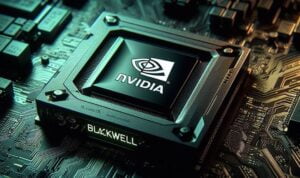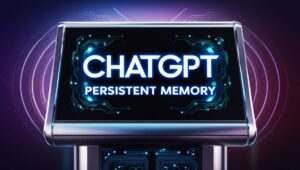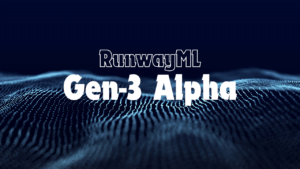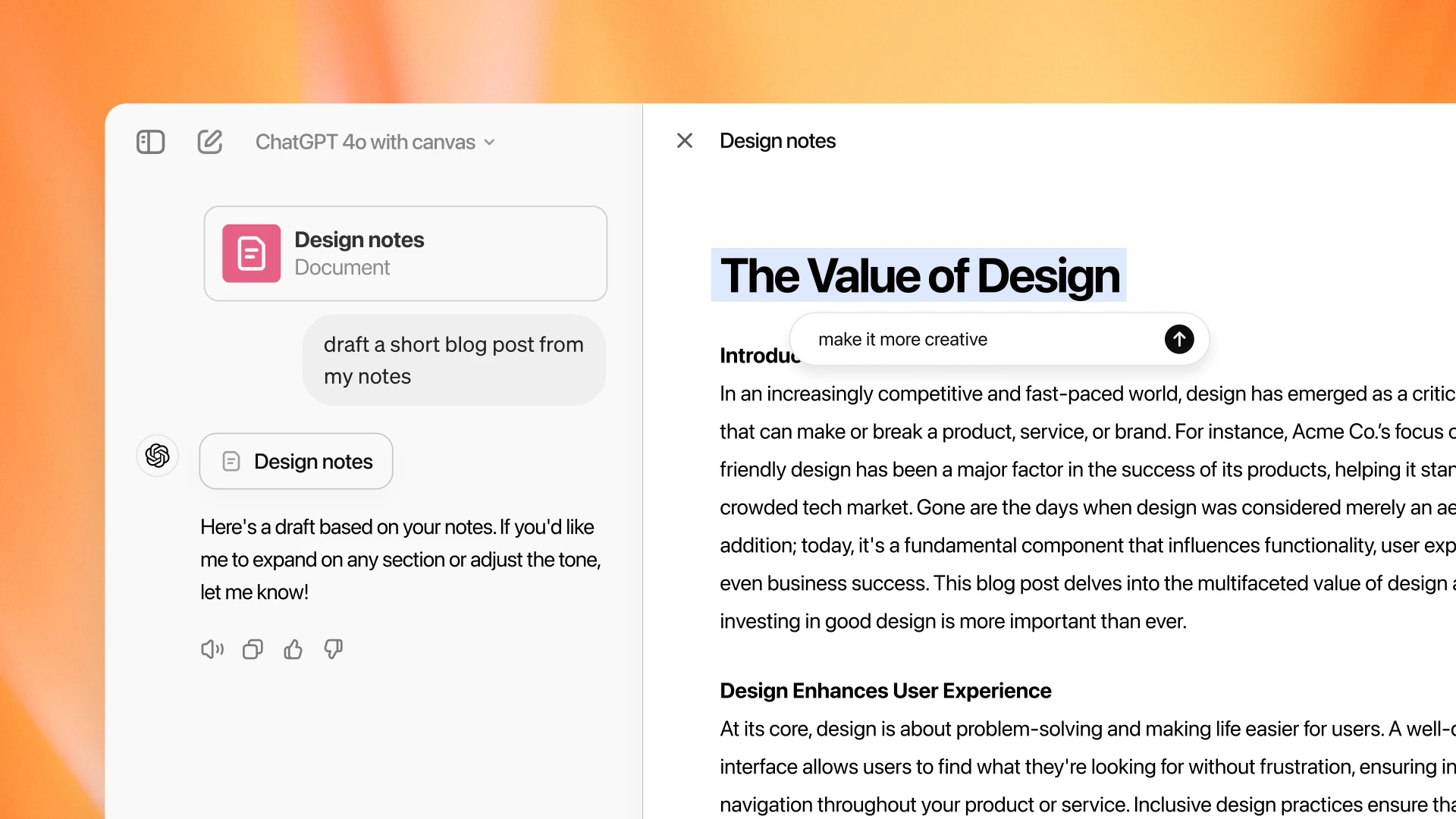Have you been hearing the buzz about Anthropic’s new Claude 3 AI models? As a cutting-edge technology that’s pushing the boundaries of what’s possible with generative AI, it’s no surprise that people have questions. In this article, we’ll dive into the details of Claude 3 and explore how it could impact your life or business.
What Exactly Is Claude 3?
At its core, Claude 3 is a family of three powerful language models: Opus, Sonnet, and Haiku. Each model offers increasing levels of intelligence and capability, allowing you to choose the perfect fit for your needs.
- Opus is the most advanced of the trio, delivering near-human levels of comprehension and fluency on complex tasks. Its exceptional performance makes it ideal for intricate analysis, forecasting, and research applications.
- Sonnet strikes a balance between intelligence and speed, excelling at data processing, sales automation, and time-saving tasks like code generation. It’s an affordable workhorse designed for enterprise-scale deployments.
- Haiku is the speedy, cost-effective model best suited for near real-time interactions like customer support, content moderation, and data extraction. Its compact size allows for lightning-fast responses without sacrificing intelligence.
| Model | Claude 3 Opus | Claude 3 Sonnet | Claude 3 Haiku |
|---|---|---|---|
| Description | Most intelligent model, best-in-market performance on highly complex tasks | Balanced intelligence and speed for enterprise workloads | Fastest, most compact model for near-instant responsiveness |
| Cost ($/million tokens) | Input: $15, Output: $75 | Input: $3, Output: $15 | Input: $0.25, Output: $1.25 |
| Context Window | 200K* | 200K | 200K |
| Potential Uses | – Task automation across APIs & databases – R&D: research review, brainstorming, drug discovery – Strategy: analysis of charts, graphs, financials, forecasting | – Data processing & knowledge retrieval – Sales: recommendations, forecasting, marketing – Time-saving tasks: code generation, quality control, parse text from images | – Customer interactions & live support – Content moderation – Cost-saving tasks: logistics, inventory management, data extraction |
| Differentiator | Higher intelligence than any other model | More affordable with similar intelligence, better for scale | Smarter, faster, and more affordable in its category |
Why Should You Care About Claude 3?
If you’re on the fence about whether Claude 3 is worth your attention, consider this: these models represent a significant leap forward in AI capabilities.
- Better Understanding: Previous AI assistants often missed the mark when it came to contextual nuance, but Claude 3 demonstrates a much deeper grasp of complex prompts and scenarios. It can navigate open-ended questions with impressive fluency, mimicking human-level understanding.
- Fewer Refusals: Have you ever asked an AI a seemingly innocent question only to be met with an abrupt refusal or non-answer? Claude 3 is less likely to shut down prematurely, recognizing real harm while being more accommodating of harmless prompts.
- Enhanced Accuracy: Inaccurate or “hallucinated” responses have long plagued language models, but Claude 3 – especially Opus – demonstrates a twofold improvement in providing correct answers on challenging, open-ended questions.
- Multi-Modal Mastery: Claude 3 isn’t just a language pro; it boasts sophisticated vision capabilities that allow it to process images, charts, diagrams, and more. This versatility opens up new possibilities for visual AI applications.
How to Access Claude 3?
Anthropic has made it relatively straightforward to access and start using the new Claude 3 models. Here are the key details:
For Developers:
- The Claude 3 Opus and Sonnet models are available now through Anthropic’s Claude API, which is generally available in 159 countries. Developers can sign up for the API to start building applications powered by these models.
- Sonnet is also available through Amazon Bedrock’s managed service, and both Opus and Sonnet are in private preview on Google Cloud’s Vertex AI Model Garden.
For Individual Users:
- Opus is currently available for Claude Pro subscribers on claude.ai. This allows you to experience the highest level of intelligence in the Claude 3 family through Anthropic’s hosted interface.
- The free experience on claude.ai is powered by the Claude 3 Sonnet model.
- Claude 3 Haiku, the fastest and most cost-effective model, will be available soon for use on claude.ai as well.
No matter whether you’re a developer looking to integrate Claude into your apps and services, or an individual user wanting to explore its capabilities, Anthropic seems to be making the Claude 3 rollout accessible across multiple platforms.
The different pricing tiers for input/output also allow you to optimize for your specific use case – whether that’s prioritizing speed, intelligence, or cost-effectiveness. It’s an exciting time for generative AI!
Real-World Examples of Claude 3 in Action
Still having trouble picturing how Claude 3 could impact your life? Let’s look at some potential use cases:
- Task Automation: Imagine being able to describe a complex, multi-step process to Claude Opus, and having it seamlessly execute those actions by interacting with various APIs and databases. File those tedious chores under “automated.”
- Intelligent Coding: As an avid coder, I can’t wait to try out Claude 3’s interactive coding capabilities. With its advanced comprehension, Opus could be an invaluable coding companion, understanding my intent and providing tailored recommendations.
- Next-Level Customer Support: For businesses, Claude Haiku could revolutionize customer interactions. Its lightning-fast responses and nuanced understanding mean customers get the seamless, human-like support they crave – without the lag.
Building a More Responsible AI Future
While the potential of Claude 3 is exciting, it’s understandable to have concerns about the implications of such powerful AI. Anthropic has made strides to develop these models responsibly:
- Built-in safeguards help mitigate risks like misinformation, privacy violations, and autonomous replication.
- Techniques like Constitutional AI promote transparency and safer model behavior.
- Rigorous processes assess potential risks per Anthropic’s Responsible Scaling Policy.
- Ongoing bias reduction efforts aim for increased neutrality across the models.
While no technology is perfect, it’s clear Anthropic is taking a thoughtful approach to ensure Claude 3’s positive impact.
The Next Wave of AI Innovation
There’s no denying that Claude 3 represents a major milestone in the evolution of generative AI. Whether you’re a business leader, developer, or simply someone excited about bleeding-edge tech, these models are worth exploring. The possibilities are limitless – from intelligent assistants who truly understand your needs to AI-powered tools that augment your productivity in ways you can’t yet imagine. We’ve only scratched the surface of what generative AI can do, and Claude 3 is taking us deeper than ever before.






